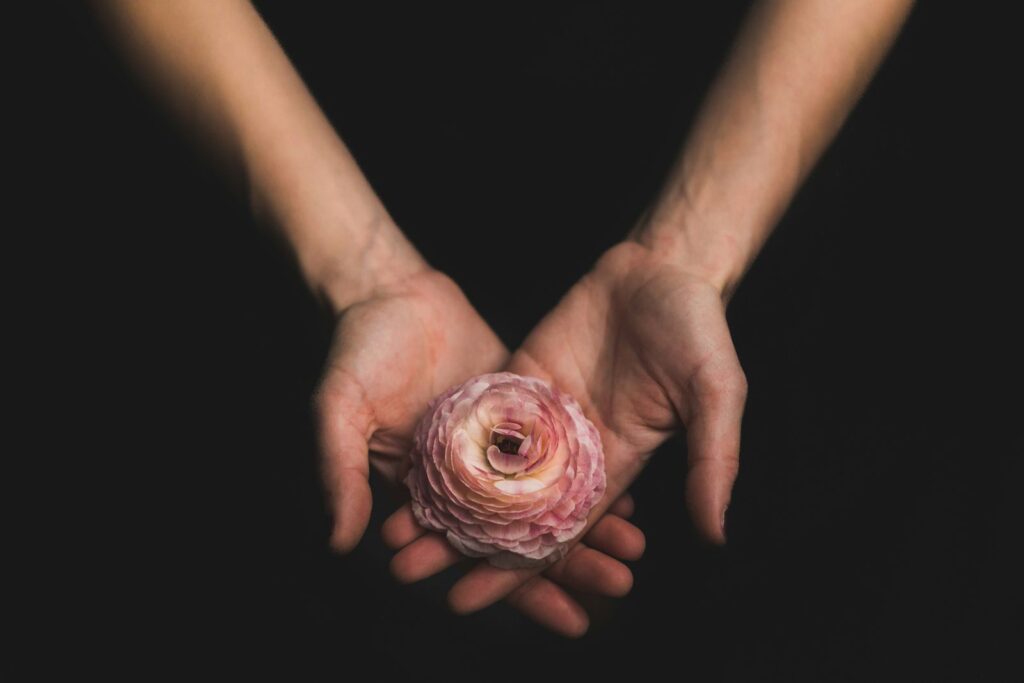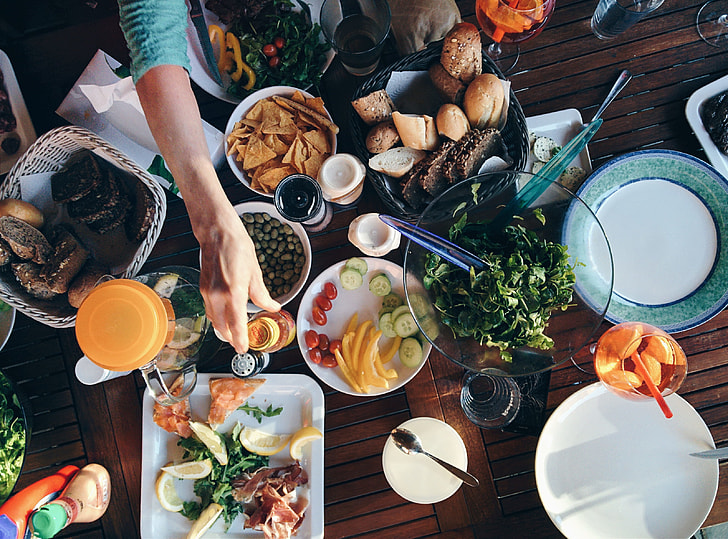Luke Sniewski’s accent is Californian, his last name is Polish, and he lives in New Zealand. As a Wellbeing Coach, Somatic Therapist, Compassionate Inquiry® Facilitator, Mentor & Practitioner, Luke helps people connect to themselves and their bodies to experience greater vitality, authenticity, and inner peace in their lives, rather than being stuck in their heads.
This post references a short excerpt of Luke’s story of transformation and healing through Compassionate InquiryⓇ. Listen to his full interview on The Gifts of Trauma Podcast.
– – –
When my son was born and yet another relationship fell victim to my unconscious reactivity, I knew it was the last time I would let this happen. When he was born, nothing mattered to me except being in his life, but my broken relationship with his mother separated us. So I got curious about what was driving my reactivity and in time, experienced an awakening. It was like turning on a light in a dark room. The process of cleaning that room was the work of my healing.
Many of us want to be less reactive and more mindful, accepting and responsive in the moment. Intellectual acceptance and understanding is great. But without experiential practice, whenever we get triggered or stressed, we fall right back into those same old reactions. As a new dad, witnessing my son’s first breaths as he lay on my chest, something awoke in me that said, Nothing else matters. This is going to be my driving force for maturing, for being a different, better person.
How does this relate to quitting my porn addiction?
When I was introduced to porn at 5 years old, it gave me a physiological and mental experience I didn’t have access to in my everyday life. So whenever my life was shit, I escaped through porn.
Men who, like me, are traditionally conditioned to bottle things up and avoid speaking about their emotions can consume porn anonymously and privately to distract them from their internal pain and discomfort.
What really sparked my exploration into the impact of porn was the pattern that kept showing up in my relationships. I would be abstinent for months, especially at the start of a relationship. But when the pheromones and endorphins faded and I had to communicate my authentic needs, I couldn’t connect on a human level. I didn’t know how. I didn’t even know what an emotion was until I turned 30 and my first therapist clued me in. This curiosity, plus the realization that I didn’t know how to relate to women, other than as sexual objects, fueled my exploration.
When I realized the impact and implications of porn on my ability to connect with other humans, mostly women, but also men, I wasn’t okay having it in my life. I’d be out with my mates and when a woman appeared, my attention went to her, and not by choice, but through an automatic drive or compulsion. I’d feel impulses move me towards her and all of a sudden I’m turning on charisma and charm, hoping to achieve what porn gave me through a screen; a short lived, completely one-sided experience of validation that wasn’t at all representative of a healthy sexual relationship.
Since my early twenties, I knew porn wasn’t right for my body or mind. An unknown part of me constantly sought to move me away from it. And whenever I was successful in quitting porn, even for a short time, abstinence felt great.
After my son’s birth, I went completely celibate, knowing that if I wasn’t seeking porn from a screen, I couldn’t seek it from casual encounters. I decided to be celibate for as long as it took to a person, or experience, that was different from what I was used to. Whenever I experienced an impulse to consume porn, I would check in and ask myself; Where is this craving originating in my body? I would attempt to find the very core, focus my attention and stay there, while asking myself a series of questions.
I saw what was happening as two sides of the coin of my experience. On one side were my thoughts about what was happening, and on the other side, my felt sense of an emotion or physical sensation in my body, like pain or discomfort, vibrating or pulsing. When I was stuck in an automatic loop of using porn to avoid, numb or soothe an internal experience, I was only looking on one side of that coin. So when a thought came in and said, Hey, porn is nice, I’d automatically move towards porn. Or, She’s attractive, and all of a sudden, I’d move towards her.
When I flipped this coin, paused, and noticed something was happening in my body, I’d go to the very center of it, rather than running away, or distracting myself from it. Through this practice I found the core of the experiences that I’d spent most of my life avoiding. The sensations and emotions were intense. Holy shit, this is uncomfortable! But while I stayed with an experience, I’d ask; What am I angry about? What am I sad about? What am I stressed about? What issue am I not confronting? I’d pause after each question, and when I was able to stay with it, I got an answer—and—a palpable discharge, a twitch, a quiver, or shivers through my body. Sometimes tears came when I touched what I was sad about. This is how I came to realize that porn was my band-aid for the experiences I had been avoiding. Porn was protecting me, just like any substance, behavior, addiction or consumption protects any of us from an experience.
As I was able to touch and reconcile my experiences, something amazing happened. My need for porn simply evaporated. This is the difference between using will power, which rarely works, and surrendering to the process of getting curious, showing compassion and non-judgment as we turn inward. When we recognize the substance or behavior as the protection it is, all of a sudden, its protective role dissipates and it disappears. So for me, it was never about quitting porn. It was simply getting curious about what was driving it.
– – –
The Gifts of Trauma is a weekly podcast that features personal stories of trauma, healing, transformation, and the gifts revealed on the path to authenticity. Listen to the interview,
and if you like it, please subscribe and share.








